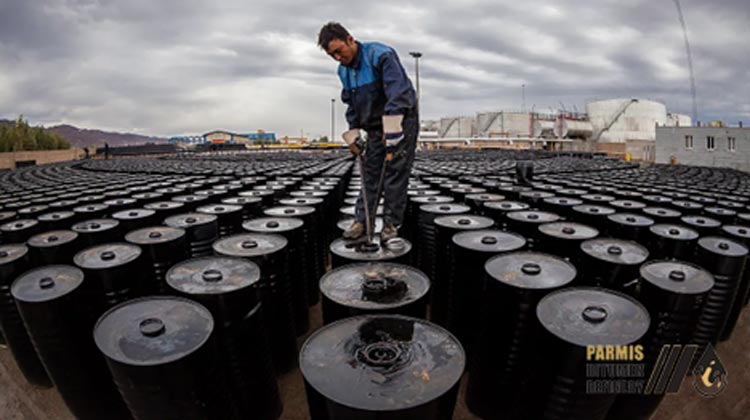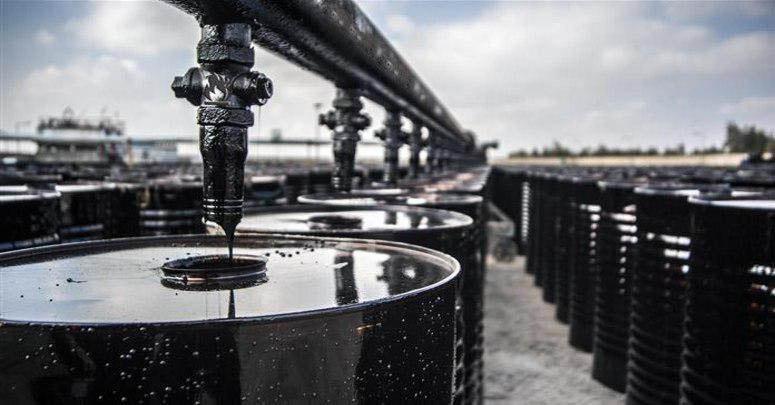Bitumen is a material composed of a mixture of organic and inorganic substances and is considered one of the most essential construction materials in the building and infrastructure industries. Performance Grade (PG) Bitumen, also known as functional bitumen, is a specialized type of bitumen that is regarded as an advanced, high-quality material. In this article, we explore the definition, properties, applications, and significance of PG bitumen in the construction sector.
Definition of Performance Grade Bitumen
Performance Grade Bitumen refers to a type of bitumen whose physical and chemical properties are enhanced by the addition of polymers. This bitumen is engineered to deliver superior performance under a variety of environmental and loading conditions, and is commonly used in road surfacing, roofing, and other structural applications.
Thanks to its flexibility, corrosion resistance, and waterproof characteristics, PG bitumen has gained popularity in modern infrastructure. Polymers such as SBS (Styrene-Butadiene-Styrene) and EVA (Ethylene Vinyl Acetate) are commonly added to improve elasticity, resistance to deformation, and durability against climatic fluctuations.
Key benefits of using PG bitumen include:
- Increased service life of structures
- Reduced maintenance and repair costs
- Better performance under temperature and moisture variations
- Enhanced structural integrity and safety
Overall, performance grade bitumen is a highly efficient material that continues to evolve with advancements in research and technology, playing a vital role in creating long-lasting, high-performance infrastructure.

Properties of Performance Grade Bitumen
PG bitumen is a polymer-modified material recognized for its superior thermal, mechanical, and chemical resistance. Its unique characteristics make it ideal for a wide range of industrial applications, including:
- Paints and resins
- Mining and mineral processing
- Wood and furniture manufacturing
- Building and construction
- Even pharmaceutical applications
Key Properties:
- Thermal resistance: PG bitumen can withstand high temperatures, making it suitable for hot climates and heavy traffic conditions.
- Abrasion and corrosion resistance: Ensures longer durability in high-stress environments.
- Waterproof and frost-resistant: Suitable for moist and cold conditions, preventing damage from water ingress and freezing.
These enhanced characteristics make PG bitumen stand out from conventional bitumen, offering significantly improved durability, flexibility, and performance.
| related link: What Is the Difference Between Performance Grade (PG) Bitumen and Conventional Bitumen? |
Applications of Performance Grade Bitumen
Bitumen, derived from crude oil, has a broad range of applications across various industries. However, its most prominent use is in **construction and infrastructure**. In these sectors, PG bitumen functions as a high-performance binding and waterproofing agent for:
- Roads and highways
- Bridges
- Airports
- Roofing systems
- Damp-proofing for buildings
Additionally, PG bitumen is used in:
- Metal industries: as a coating and anti-corrosion agent for pipes, cables, and electrical components.
- Automotive industry: for **soundproofing and vibration damping in engine bays and chassis.
- Wood and furniture manufacturing: as a sealant and protective coating to prevent moisture damage and weathering.
Overall, PG bitumen serves as a multi-functional material with roles in adhesion, insulation, waterproofing, and protection across multiple sectors.

Importance of PG Bitumen in Construction
Performance grade bitumen, a highly viscous and adhesive material obtained from crude oil derivatives, is critical to construction. Thanks to its viscosity, flexibility, and bonding capability, it is widely used in different structural applications.
One of its major roles is in asphaltic coatings for roads and bridges, where its waterproofing and load-bearing properties are crucial. It is also widely used in membrane waterproofing systems to prevent water infiltration into buildings.
The use of PG bitumen in construction enhances structural longevity, resistance to environmental stress, and overall infrastructure performance.
Related article: Everything You Need to Know About High-Quality Bitumen for Road Construction
Benefits of Using Performance Grade Bitumen
Implementing PG bitumen is one of the most effective strategies for improving the quality and durability of infrastructure. Its advantages include:
- Extended pavement life
- Reduced maintenance and rehabilitation costs
- Enhanced resistance to traffic loads and pressure
- Improved surface durability and structural stability
- Superior adhesion and water resistance
By sealing the road surface with high-quality bitumen, water ingress is prevented, reducing the risk of substrate erosion and structural damage, and significantly extending pavement service life.
Moreover, its resistance to fatigue and rutting reduces the frequency of costly repairs, improving economic efficiency. The adhesive and hydrophobic properties of PG bitumen further enhance surface quality and resistance to external environmental factors, such as temperature changes, moisture, and oxidation.
Conclusion
In conclusion, Performance Grade Bitumen is an advanced, high-quality material that plays a crucial role in modern construction. Its use significantly improves the durability, efficiency, and lifespan of structures, while minimizing maintenance needs. Thanks to continuous innovations, PG bitumen remains a key element in sustainable infrastructure development, contributing to safer, longer-lasting, and more reliable construction solutions across industries.


